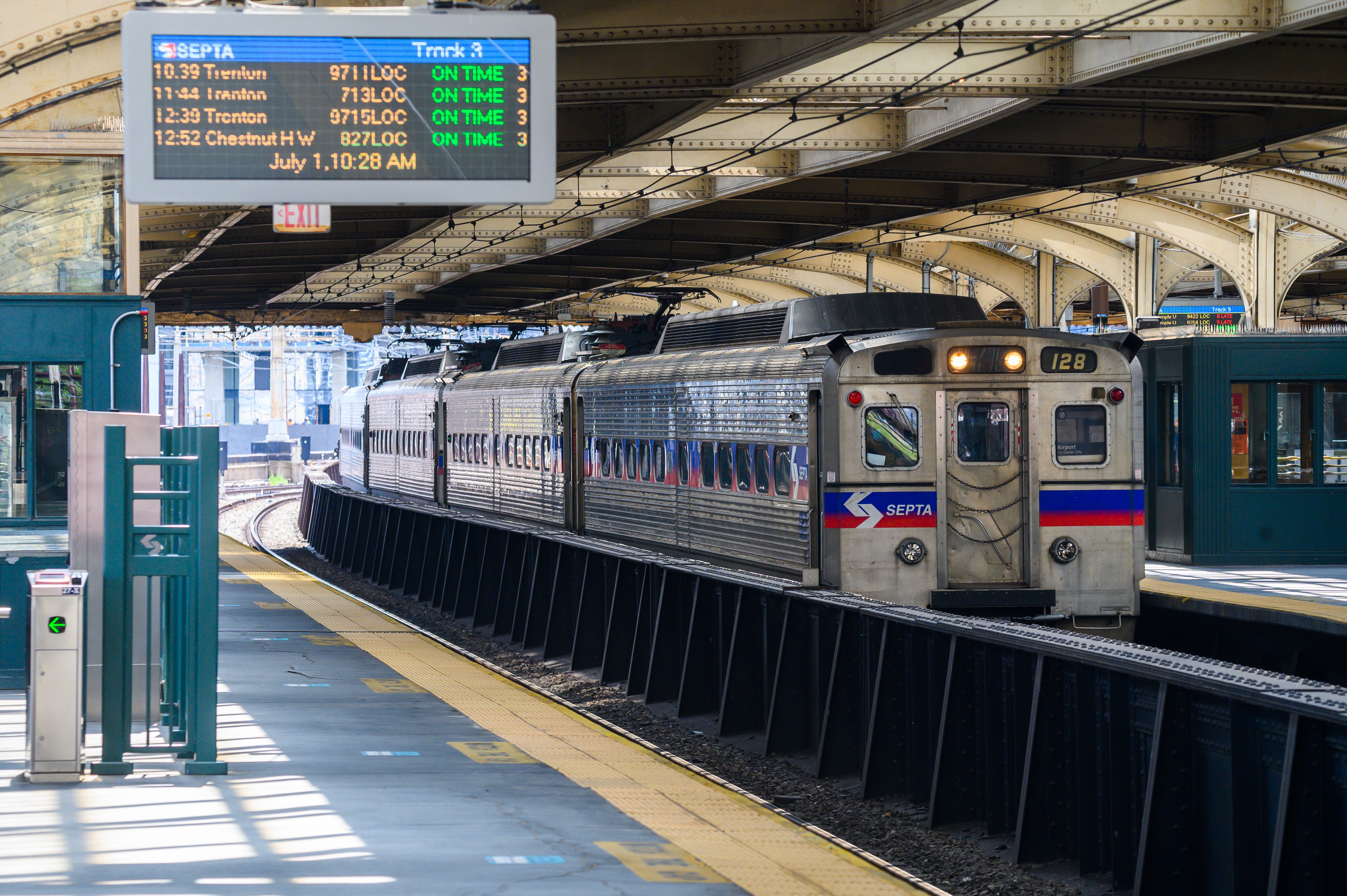How SEPTA Leveraged Data to Enhance Passenger Safety & Rider Experience

Hayley Sklar
Marketing and Events Manager
Background
As public transportation systems strive to adapt and recover from the COVID-19 pandemic, organizations such as the Southeastern Pennsylvania Transportation Authority (SEPTA) are reimagining strategies to rebuild ridership and ensure the safety and confidence of passengers in a post-pandemic landscape. SEPTA experienced a decline in ridership during the COVID-19 pandemic due to stay-at-home orders and safety concerns. Despite efforts to return to pre-pandemic levels, ridership has yet to recover fully: “Heavy rail ridership is at 57% of pre-pandemic levels based on revenue ridership data. This is the highest recovery rate since the start of the pandemic,” according to a report released by ISEPTAPHILLY in February 2024. In mid-2023, SEPTA officials, under the direction of the Outreach Services Department, and more specifically, the Safety, Cleaning, Ownership, Partnership, and Engagement Department (SCOPE) team, embarked on a journey to learn more about what riders are experiencing and understand what impacts ridership levels.
The Challenge
Over the past few years, SCOPE team officials have identified smoking – which is prohibited – as a significant issue at a majority of the SEPTA stations under SCOPE’s purview. However, SCOPE’s mission is to “make homelessness on the SEPTA system rare, brief and non-recurring, by creating an environment that is clean and safe for our employees and our customers.” As such, issues such as smoking (cigarettes, vapes, etc.) were not a top priority for the SCOPE Outreach Team, which comprises 28 individuals who visit stations on the Market–Frankford Line (MFL) and Broad Street Line (BSL) lines. While the SCOPE Outreach Team did report that they observed individuals using SEPTA services while smoking, they did not know if this was a widespread issue due to limited data. These individuals are not law enforcement officials, but they actively enforce SEPTA’s policies through intervention and what SEPTA’s Director of Outreach Programs, Ken Divers, calls the “power of ask.” Incidents of smoking not only compromised passenger safety but also led to confrontations with law enforcement officials, putting both riders and officers in danger.
The Zencity Solution
In September 2023, SEPTA began utilizing monthly Zencity Blockwise survey reports to identify and quantify which policy violations and/or crimes passengers experienced while using SEPTA’s services. The options include violent crime, drug use, drug dealing, public drunkenness, theft/burglary, excessive noise, vandalism/graffiti, sexual harassment/assault, fare evasion, smoking, prefer not to say, and none of the above. Across seven months, respondents reported “smoking” on average 40.6% of the time. Alarmed by this response rate, Ken Divers, SEPTA’s Director of Outreach Programs, determined that resources needed reallocation to address this issue.
Divers presented the Zencity data to SEPTA’s Operations division. The data helped Divers and his team identify gaps in coverage and areas for improvement. “Without data we’re walking blind. Zencity data validated that smoking was a big issue. Understanding this helped us to pivot more resources to the trains on the MFL and BSL lines,” Divers remarked.
Recognizing the urgency, SEPTA's SCOPE team began to address smoking incidents more seriously. Their mission expanded to include intercepting smokers at stations to create a cleaner and safer environment for passengers.
The Impact
Since reallocating resources, the SCOPE team has successfully intercepted close to 9,400 individuals engaging in smoking activities without necessitating police intervention. In all instances, outreach workers and community health partners from the SCOPE team were physically present at SEPTA stations and asked people to stop smoking. Remarkably, 78% of these customers stopped when asked to do so. While Divers recognizes that it is “extremely difficult to change perception, we can’t discount it.” He and his team constantly strive to improve the rider experience and allocate resources effectively. Data from surveys and operational reports have provided insights into passengers' experiences and guided strategic decisions to enhance security measures.\
*Screenshots from SCOPE KPI Presentation in spring 2024, data from 2023
*Data from January 2024 to May 2024
The Future
SEPTA remains committed to fostering a safe and welcoming environment for passengers. Moving forward, the organization will continue to leverage data-driven insights to address emerging challenges and allocate resources effectively. By prioritizing passenger safety and addressing concerns such as smoking, SEPTA aims to rebuild ridership and regain public trust in its services.
SEPTA's successful reallocation of resources to address smoking incidents demonstrates the organization's responsiveness to passenger concerns and commitment to enhancing safety. By leveraging data and strategic planning. SEPTA and the SCOPE team have made significant strides in improving the overall passenger experience and laying the foundation for future growth.
%20copy-1.png?width=544&height=120&name=Logo_black%20(1)%20copy-1.png)





